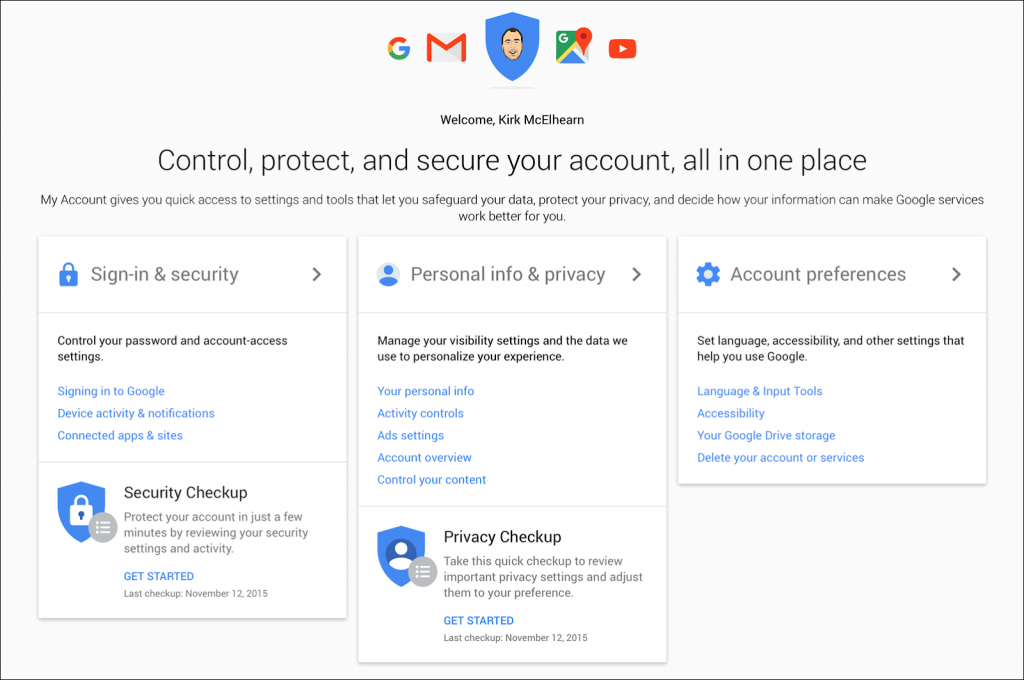When your company collects user data, you pit convenience against protecting people’s privacy.
As people purchase and use technologies that rely on personal data to function, this challenge will intensify. For example, 71% of Americans expect to have at least one smart-home device by 2025.
According to Consumer Reports, 65% of Americans are either slightly or not at all confident that their personal data is private and not distributed without their knowledge.
Research from the Global Web Index indicates across the globe, over 60% of people are worried about how companies use their data.
As public distrust mounts due to recent privacy scandals, protections for personal data becomes an increasingly pressing issue for consumers and businesses to address.
Small businesses often rely on customer service to establish an edge against larger competitors. To provide top-notch customer service, your small business needs to balance data collection efforts with protecting user privacy.
Recent Examples Underscore Privacy Concerns
Recent privacy scandals at two of the largest companies in the world – Google and Amazon – highlight the importance of personal data protection for all businesses.
Last year, the Associated Press found that Google continued to store users’ time-stamped location data through mobile devices, even if users opted out of location sharing features. Similarly, Amazon employs thousands of individuals around the world to listen to voice recordings captured by their smart devices, regardless of whether the device is activated or not.
The workers transcribe, annotate, and feed the data back into the software in order to eliminate gaps in the voice assistant’s human language skills, according to Bloomberg.
Consumers Value Curated Technology
Despite privacy concerns, many people want devices with location tracking enabled.
Personal data can be used to curate digital content including services and ads to an individuals’ interests. For example, voice assistant users value the immediate access to information. Approximately half of the people who own a voice assistant value their device the most for its immediate answers to questions.
This information, while adjusted to the user, sometimes limits the number of apps they use – i.e., they get in a pattern of using the same few things over and over.
As a result, small businesses need to work to establish their product as part of people’s routines if they want to retain users on new technologies.
To ensure this happens, your small business needs to collect and analyze user data to improve the chances you have to earn that level of use from customers.
Data Drives Results
While companies highlight procedures for limiting their access to personal data, it is difficult to ultimately stop its collection because it supports success.
Data-driven decisions resulted in a 6% increase in productivity and output according to a Sloan School of Business study.
The same study found that nearly 50% of Fortune 1000 executives stated that their companies were producing significant results from investments in big data; about 81% characterized their investments as successful.
Investment in data collection, though, risks straining the trust between consumers and businesses as most data is distributed and sold.
As more individuals realize that certain services come at the price of privacy, more people are reassessing their relationship with businesses that partake in data collection.
Whether a consumer decides to keep using a service depends on their level of trust with the provider.
Privacy is therefore not only a concern for consumers but also businesses. Establishing trust means providing privacy protection.
Consumer Actions Small Businesses Should Be Aware Of
The simplest way for users to limit data collection is to stop using the services of online companies. In reality, though, services such as Google or Amazon are indispensable in an increasingly digital world Users, however, have multiple avenues by which they can restrict the data they share:
Android and Apple users, for example, have the option to limit access to certain apps. Similarly, Google has a menu where you can review all of the services you’ve connected to with your account.

By logging out of websites, users also can restrict companies’ access to their data that’s collected as you browse. Incognito or private modes also restrict tracking, but not much more than your browser history.
Your businesses need to understand the steps users can take and engage with customers about how you protect their data.
For example, you should ask upon download if users are comfortable sharing location data with your company. This establishes trust and produces a positive impression that you respect their information.
How to Balance Privacy With Usability
To engage and retain users through new digital technologies, your small business needs to leverage user data.
Using user data, you can provide the optimal, personal experience for customers.
Many users, though, resent some data collection. To ensure you respect and provide top-notch customer service, your company needs to balance user privacy with its data collection efforts.
Finding the right balance can help customers benefit from your services and trust your company with their data.
There is no ads to display, Please add some




